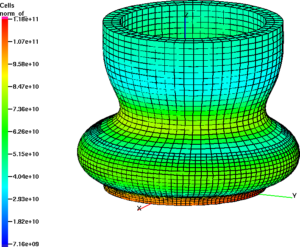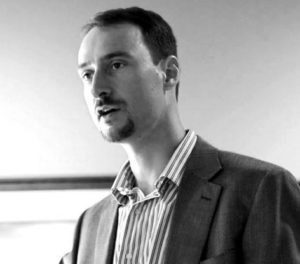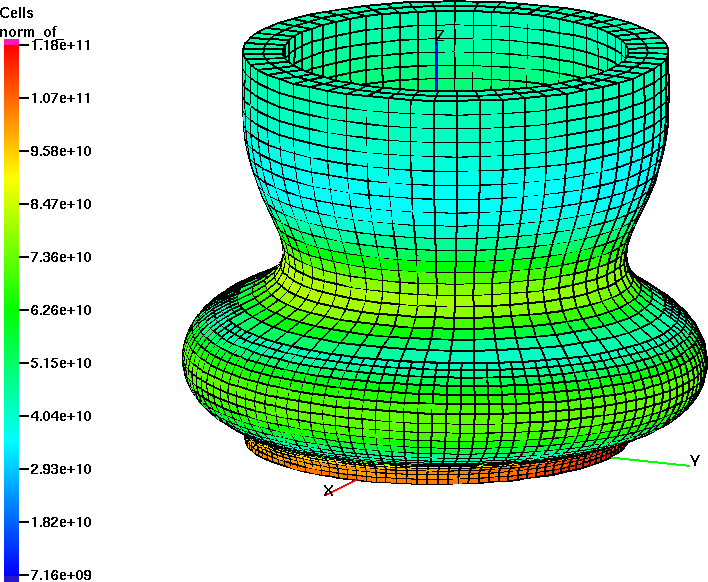 In this RCE Podcast, Brock Palen and Jeff Squyres speak with the creators of Deal.II, an open source finite element library.
In this RCE Podcast, Brock Palen and Jeff Squyres speak with the creators of Deal.II, an open source finite element library.
“deal.II — a name that originally meant to indicate that it is the successor to the Differential Equations Analysis Library — is a C++ program library targeted at the computational solution of partial differential equations using adaptive finite elements. It uses state-of-the-art programming techniques to offer you a modern interface to the complex data structures and algorithms required. The main aim of deal.II is to enable rapid development of modern finite element codes, using among other aspects adaptive meshes and a wide array of tools classes often used in finite element program. Writing such programs is a non-trivial task, and successful programs tend to become very large and complex. We believe that this is best done using a program library that takes care of the details of grid handling and refinement, handling of degrees of freedom, input of meshes and output of results in graphics formats, and the like. Likewise, support for several space dimensions at once is included in a way such that programs can be written independent of the space dimension without unreasonable penalties on run-time and memory consumption.”

Wolfgang Bangerth, Colorado State University
Wolfgang Bangerth is a computational scientist and a professor of mathematics at Colorado State University. He is the founder and one of the current principal maintainers of the deal.II software library that provides everything you need to build finite element applications, including meshes, linear algebra functionality, a zoo of finite elements, and support from laptops to supercomputers with 100,000s of cores. With Timo Heister, he also started and is one of the current maintainers of the ASPECT code used to simulate convection in the Earth interior.
Timo Heister is an assistant professor in mathematical sciences at Clemson University in South Carolina. His research interests are in computational mathematics centered around the finite element method with focus on adaptive mesh refinement, parallel solvers, and applications to fluid dynamics and geophysics. He is one of the principal maintainers of the deal.II finite element library and involved in several other open source scientific software projects.






